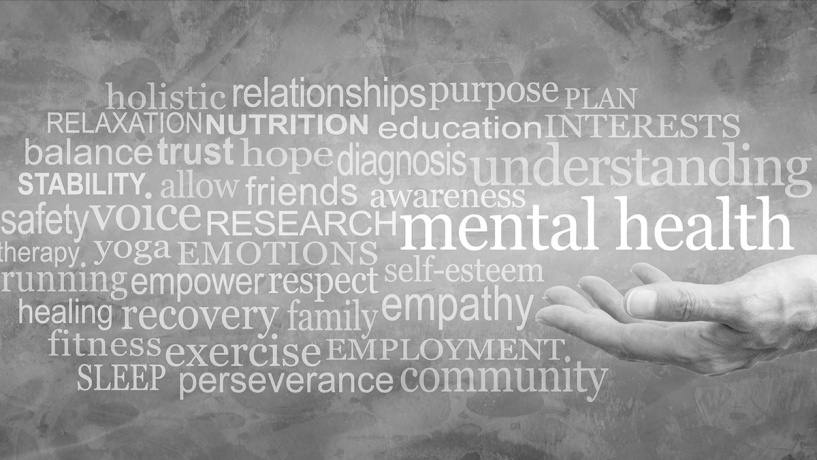The Practical, Science-Based Tools I Use Every Day to Stay on Track and Not Feel Overwhelmed

Pursuing ambitious academic and career goals while also making time for social and personal commitments is a common trend among students at the Ross School of Business.

With so much going on, it can feel draining at times when workloads are heavy, and this can weigh on your mental health.
As a graduate student in the Michigan Ross Master of Supply Chain Management Program, I have experienced this firsthand. I put effort into cooking, working out, making friends, and exploring Michigan, along with staying on track with assignments and other obligations. I am also passionate about simple tools that can be applied in challenging situations to lower stress levels quickly and effectively. For me, learning about the science behind these stress-reducing tools was key for implementing them in my life. It’s also how I have been able to cope with pursuing a graduate degree at a top business school. In recognition of Mental Health Day, I wanted to share them with the Ross community and beyond.
Last year, I came across Huberman Lab, a podcast that discusses science and science-based tools for everyday life. The host, Dr. Andrew Huberman, is a neuroscience professor at Stanford University and the lab director at the Stanford University School of Medicine. He has a wonderful ability to explain scientific research in a way that is easy to understand. His goal with this podcast is to make science and science-based tools accessible to the general public at a low cost. I have listened to this podcast for a while now, and it has improved my sleep, stress tolerance, energy levels, and more.
How to cope with high-stress situations
First, I would like to share some of the techniques that I use and what they can do for our bodies when we are faced with high stress levels. The first is the “physiological sigh”, which was discussed in this episode of the Huberman Lab podcast.
In the presence of a stressor, heart rate goes up, and many of us think it is involuntary. What if I told you that there is a way to breathe that directly controls your heart rate?
The physiological sigh is one of the fastest ways to reduce stress in real time, and it involves a double inhale followed by a long exhale. The effectiveness of executing this technique voluntarily was discovered in the 1930s, by looking at involuntary breathing patterns that calm us down in instances such as when we are about to sleep, when we have been crying and we want to recover some air, or when we are in claustrophobic environments (in all of these scenarios, people naturally start to use this technique).
Various scenarios in which I have used this method to calm down include high-stress classes, public speaking, and walking into a crowded gym.
How to increase alertness and energy levels
Besides doing the physiological sigh when faced with a high stress situation, I also try to learn about and practice science-based methods to become more alert and energetic every day. These methods were discussed in this episode of the podcast.
If you enjoy consuming caffeine, try to drink coffee 90-120 minutes after waking. This allows residual adenosine (the chemical that builds up over the course of the day to make us feel increasingly tired) to be removed from the body before ingesting caffeine, which helps with avoiding a caffeine crash later on in the day.
Another topic I want to mention is morning sunlight viewing, the most powerful stimulus for wakefulness throughout the day and it has a powerful positive impact on your ability to fall and stay asleep at night. If you wake up before the sun comes up, turn on artificial light and go outside once the sun rises to view natural light. This will raise cortisol levels early in the morning and increase alertness, allowing us to be more present during the day.
Most days, I try to take a walk without my phone immediately after waking up. I always notice a big difference in my energy levels when I incorporate this routine consistently.
I hope this story helps you manage your stress and improves your overall well-being. I firmly believe that, in order to achieve work-life balance, we have to find small things that work for us on a daily basis to prevent exhaustion and keep us motivated. Whether it’s a podcast or something else, all you have to do is explore and see what works for you.
Happy Mental Health Day!
Learn more about the Michigan Ross Master of Supply Chain Management Program











